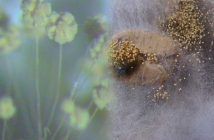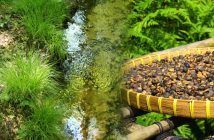Service is paid per hectare and can help growers who have undergone the rigors of the latest frosts
Lack of rain, frost, fifth IPCC (Intergovernmental Panel on Climate Change) Assessment report revealing recent bad news about the Earth’s climate… all this brings great uncertainties for coffee growers. And on top of that, the pandemic that seems to be endless. How to ensure the sustainability of your business?
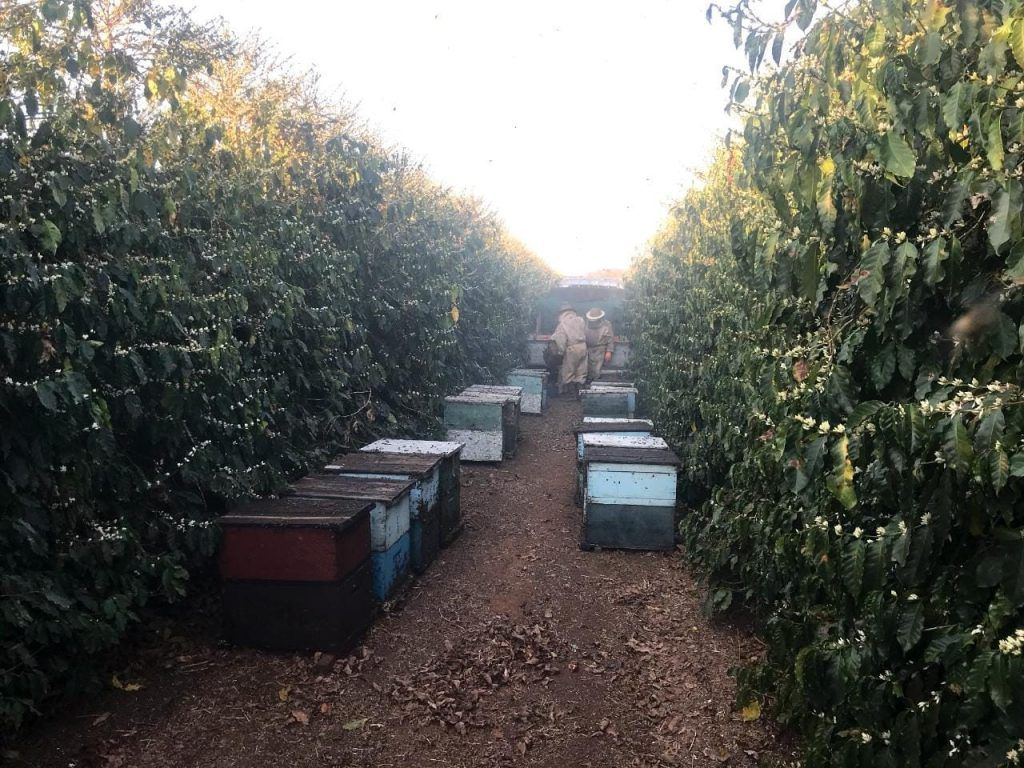
AgroBee
The solution may not be simple, however, the practices of a more sustainable agriculture are the real thing. Proof of this is the company AgroBee (www.agrobee.net) known as the “bees uber”, the application whose main objective is to promote the integration between rural producers and bee breeders.
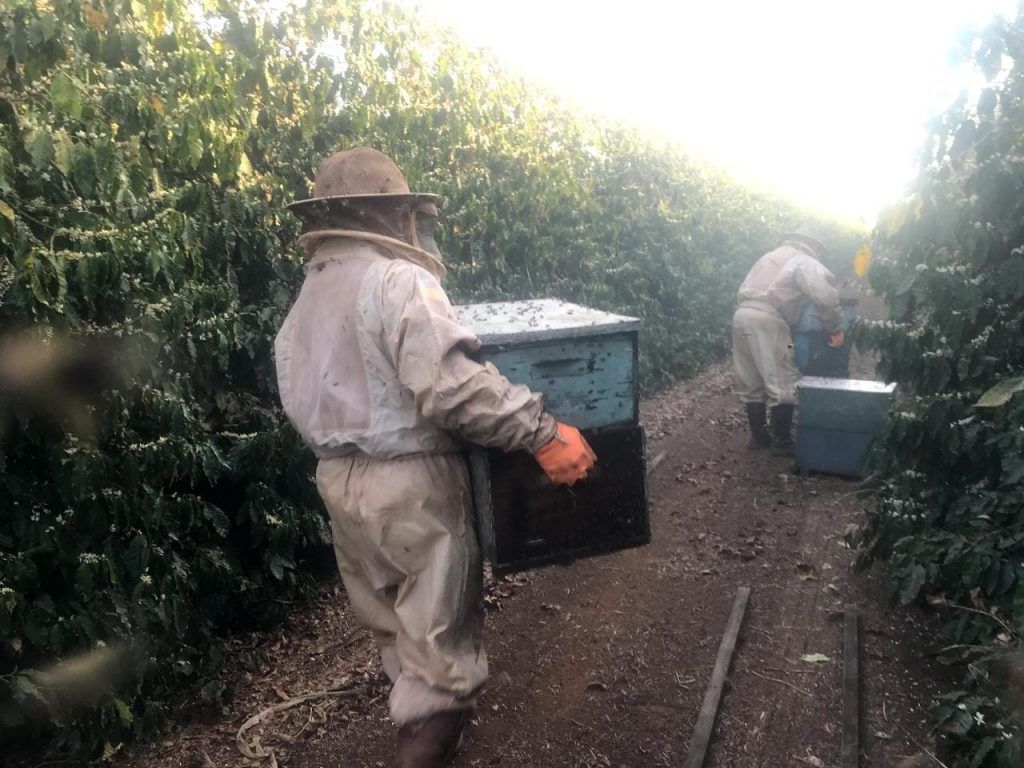
Bees are one of the greatest indicators of sustainability in the field, as they only survive in a balanced and harmonious agricultural system. Biological inputs allow bees to play their pollination role, as they only fight target pests, unlike agricultural pesticides.
“The idea is not new, as Americans and Europeans have been using smart assisted pollination for a long time. And, at the Academy, as a scientist, I was indignant that Brazil would not explore the source of different types of bees in favor of a more sustainable agriculture,” says Diego Moure de Oliveira, senior researcher at AgroBee.
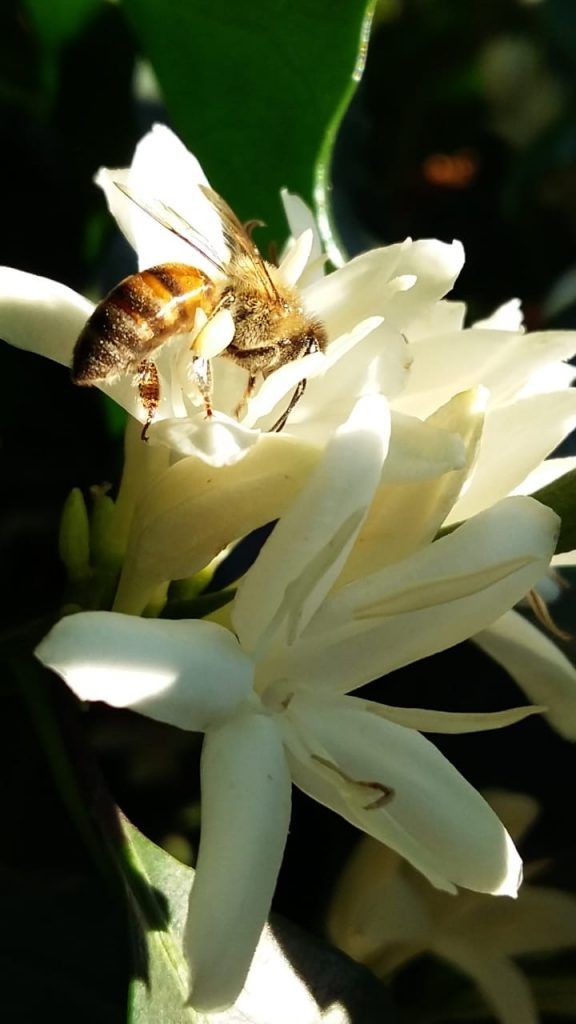
According to Diego, an unprecedented study of results shows that, with the pollination of honey bees, the Apis Melliferas, in six hectares, there was a 20% increase in productivity as per a study applied at the São Paulo farm, located in Patrocínio, Minas Gerais. “There was a 20% increase in productivity, equal to 12 sacks of coffee more per hectare compared to areas that did not receive the bees. Another important point is the improvement in the quality of the grain,” he explains.

The scientist also points out that the study identified a reduction in the carbon footprint per ton of coffee produced on the property of 0.99 million liters per hectare per year in water consumption and – 2.8 liters per hectare per year in the use of pesticides. “In addition to bringing coffee growers and beekeepers closer together, the company also carries out all the monitoring of the process (choosing the ideal bee species), from pre-pollination, property strategy, installation of hives to measuring the results.
Those who are interested can download the application for free at the company’s website.


